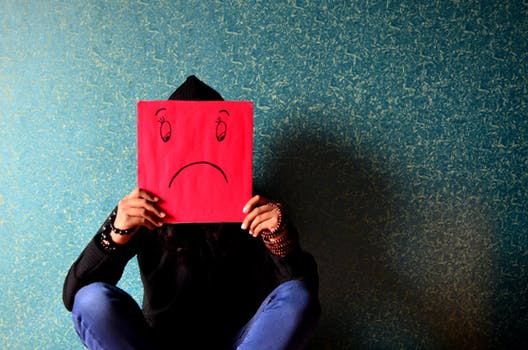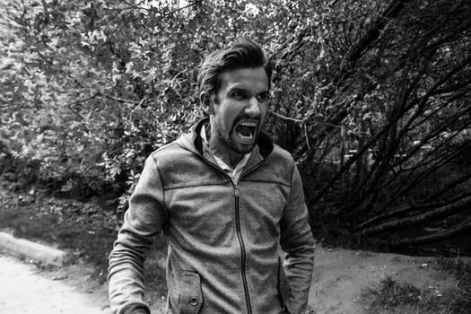Within the novel, women are constantly being viewed as lesser beings than men. Even the protagonist, who is only 13, is viewed as just a sex object to many.
Baby believes that she is “meant for bigger things” yet she still allows herself to fall down the pathway of prostitution and drug addiction due to the men who surround her (O’Neill 90). She has surrounded herself with people who are always trying to control her and even tell her who she is supposed to be, and who to be with. Since obviously she can’t be happy single! How could she ever think she can be an individual and not the “property” of some man? She’s constantly being exposed to the idea that without her beauty, she means nothing. Her beauty is what gives her worth according to men like her tricks and Alphonse. Not all of the men who she has been around associate her beauty with her self worth, but they will still tell her how beautiful she is rather than complementing things about her personality.

Even though Alphonse was older than her, she felt this need to be wanted by him since if Alphonse hung around you, “it meant that you were one of the foxier girls in the neighbourhood” (148).
Feminism, which is the movement to get men and women equal rights, is not apparent within this novel. Baby is never really given the opportunity to be alone, whether she’s with Theo, Alphonse, Xavier etc… Almost every man or boy she is with gets possessive over her. Theo claims that she’s his prisoner, Alphonse acts as though she must report to him with every single thing she does and even calls her his lady as if she was an object, one of her tricks even says to her “you’re mine” (223). Xavier, Jules and Theo aren’t anywhere close to being as possessive and aggressive as Alphonse is towards Baby.
Throughout the story, Baby is constantly being abused by the adult men in her life, whether it be physically or mentally.
Jules is a prime contender to being abusive towards Baby. He has “punched [her] in the eye“, called her a liar, a pervert and even said “you’re a whore” to her (156). He uses his power over her to make her for guilty for this mistakes he has made while raising her and claims that he would “be embarrassed to walk down the street with [her while having] everybody knowing that [his] kid’s a whore” (157).

Alphonse definitely is much worse than Jules, but not by far. He is mentally and physically abusive, but he will use Baby’s emotions against her in order for her to forgive him. He will apologize after a fight and use excuses like he just loved her so much and that it was overwhelming at times, so he didn’t know how to deal with his feelings a lot of the time. He then calls her a “thieving whore” and claims he’d “be afraid to touch her” (305). He lashes out and “slapped [her] on both sides of [her] face” (306).
Feminism ideals are not represented within this novel, but Baby is able to show how strong and resilient a woman can be. Not only that, but in the end of the story the person who is able to help Jules and Baby start a new life is a woman. It shows how just the presence of a woman is able to help Jules realize his wrongs and start to work on becoming a more balanced and work on treating Baby as an equal.
References: O’Neill, Heather. Lullabies for Little Criminals. HarperCollins, 2016.
I am read the same book and I loved it! I totally agree with you, throughout the whole novel women were always looked down upon and mistreated by men. Baby wanted a better life than she had, but she could never achieve that with Jules constantly mistreating her and Alphonse abusing and using her. This book, in my opinion, was a fantastic read! Also, I really enjoyed that you included pictures.
LikeLike
I haven’t read the novel but you did a good job in telling the events of the story. It gave me a pretty good idea on what was going on and with the quotes you placed it was easier to understand the situation. You mentioned how she stood up and remained steadfast despite all the challenges thrown at her leaving with no opportunities. What do you think will happen when the status quo is broken? Do you think she will be able to move forward in a better future or one that will crush her?
LikeLike
I think (well hope) that after the status quo is broken that Baby will be able to find her independence and individuality! The book kind of ended on a weird note where it’s hard to tell what will actually happen to Baby, but I think now that she’s getting a chance at a fresh start and since she has experienced some pretty dark and heavy things she won’t ever want to go back down that path so I want to say that she will be able to learn from her previous mistakes and chose to grow using them as guidance.
LikeLike